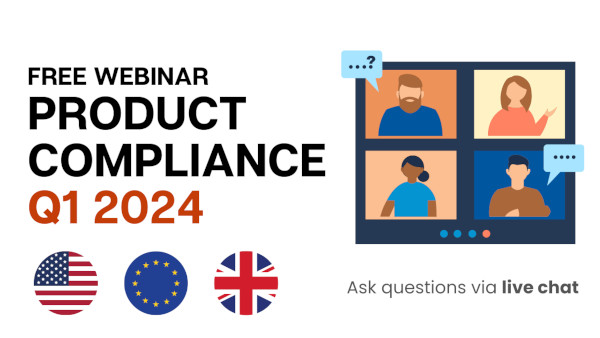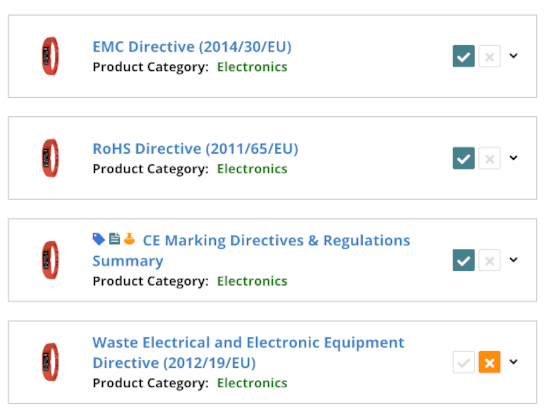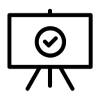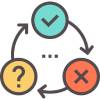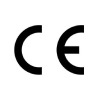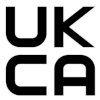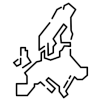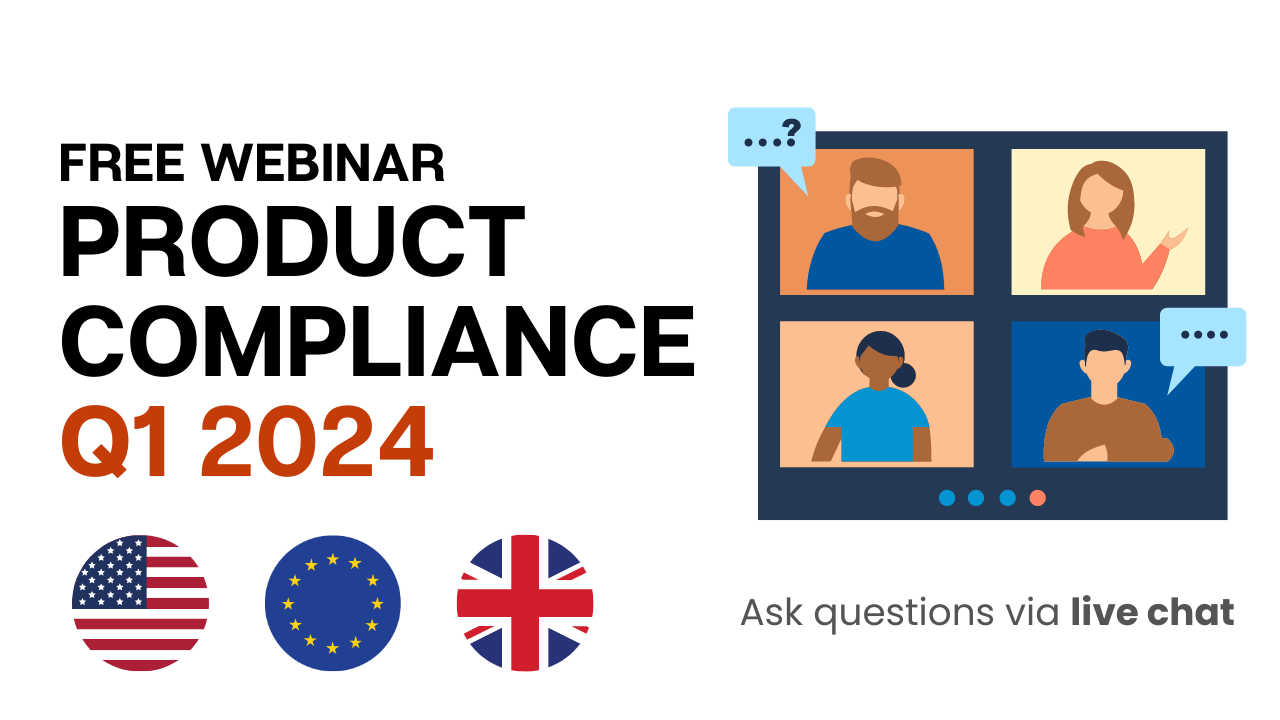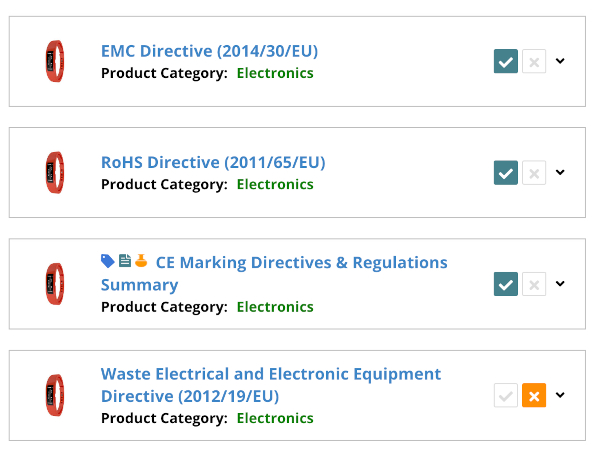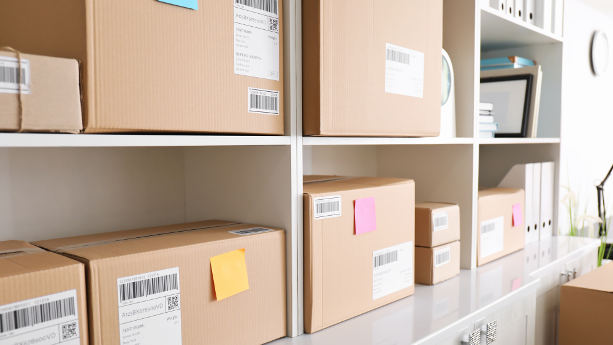
Importers registered as Small Batch Manufacturers are exempt from some lab tests when importing children’s products – which could potentially save you a few hundred dollars when launching a new product. That said, Small Batch Manufacturer status doesn’t exempt importers from the actual safety standards.
In this guide, you will learn about the registration process, eligibility criteria, mandatory standards, and exempt standards.
Further, I also explain why I still think third-party lab testing is necessary – regardless of whether it’s mandatory or not.
Content Overview

FREE CONSULTATION CALL (US, EU & UK)
- Request a free 30-minute call with Ivan Malloci to learn how we can help you with:
- Find product requirements
- Certification and labeling
- Lab testing
What is the CPSC definition of a Small Batch Manufacturer?
Manufacturers can only qualify as Small Batch Manufacturers if the yearly revenue of the previous calendar year does not exceed USD 1,171,127. Notice that this is total revenue for all products – and the covered product.
Further, the testing exemptions only apply to “covered products” – which yearly quantity cannot exceed 7500 pcs. If either the manufacturer’s revenue or the quantity of the covered products exceeds these limits – then the manufacturer is no longer eligible.
However, things get a lot more complex when it comes to importers.
The CPSC states on their website that importers can only qualify as Small Batch Manufacturers under the following conditions:
An importer that has no more than $1,171,127 in gross revenues qualifies as a small batch manufacturer if it is importing goods from a foreign manufacturer that produces fewer than 7,500 units of a covered product and also has gross revenue less than $1,171,127.
Scenario A: Eligible
In this scenario, the importer is buying a small batch of products on an annual basis. The supplier is exclusively making this product for this specific buyer. Hence, they don’t exceed their annual limit.
| Yearly revenue | Yearly quantity | |
| Importer | Less than USD 1,171,127 | Buying less than 7500 pcs of the covered product |
| Supplier | Less than USD 1,171,127 | Producing less than 7500 pcs of the covered product |
Scenario B: Supplier Exceeds Annual Limit (Ineligible)
In this scenario, the importer is buying a small batch of products on an annual basis. However, the supplier mass produces the same product for a large number of buyers. Hence, the annual volume exceeds the limit of 7500 pcs.
| Yearly revenue | Yearly quantity | |
| Importer | Less than USD 1,171,127 | Buying less than 7500 pcs of the covered product |
| Supplier | Less than USD 1,171,127 | Producing more than 7500 pcs of the covered product |
Scenario C: Supplier Exceeds Annual Revenue (Ineligible)
In this scenario, the importer is buying a small batch of products on an annual basis. However, the supplier’s annual revenue exceeds USD 1,171,127.
| Yearly revenue | Yearly quantity | |
| Importer | Less than USD 1,171,127 | Buying less than 7500 pcs of the covered product |
| Supplier | More than USD 1,171,127 | Producing less than 7500 pcs of the covered product |
How do I verify the annual revenue of my supplier?
Annual revenue numbers cannot be accessed online in countries like China and Vietnam. Further, it’s extremely unlikely that your supplier will share their audited financial documents with you – especially as a small buyer. The short answer is that you cannot verify your supplier’s annual revenue.
How do I verify the annual production output of my supplier?
The Small Batch Manufacturer only applies to limited production runs. It doesn’t apply to products that are already mass-produced either domestically or in a foreign country.
As such, this status doesn’t apply to the following:
- Wholesale products
- Factory brand products
- Private label products
The only scenario in which the status does apply is when an importer is buying a custom-designed (OEM) product from a foreign manufacturer.
Lab Testing Exemptions
The whole point of being classified as a Small Batch Manufacturer is to save on testing costs. That being said, the exemption only applies to certain tests. Here are some tests which are always mandatory:
Mandatory Safety Rules Testing
1. Lead-in-paint and other surface coatings, 16 CFR §1303;
2. Small parts for children under 3 years of age, 16 CFR §1501;
3. Other durable infant or toddler products, as additional children’s product safety rules are enacted, 15 U.S.C. 2056a(f), Sec. 104 of the CPSIA.
Exemptions
Here are some tests that Small Batch Manufacturers are exempt from:
- ASTM F963-17 Toy Safety Standard;
- Total Lead Content in Children’s Products;
- Ban on certain phthalates in children’s toys and certain child care articles;
Product Liability
Testing exemptions doesn’t mean that your product is exempt from complying with the actual safety rules and ASTM standards.
Keep in mind that you are still liable in case your product turns out to contain certain substances, or fail to meet the safety requirements. Small Batch Manufacturers are still liable in case their product results in injury or death.
Personally, I would not sleep well if I was selling children’s products without verifying that the products are safe and fully compliant. That can only be done through third-party lab testing- be it mandatory or not.
While I understand that lab testing can be costly for new brands – it’s still in your interest to verify that your products are compliant. Failing to do so could potentially cost you far more than you’ll save in testing fees.
Do Small Batch Manufacturers need to use CPSC accepted labs?
Yes, the CPSC makes it clear on their website that they only accept test reports issued by a CPSC accepted laboratory. Here are a few examples:
- QIMA
- Intertek
- SGS
- TUV
- Eurofins
Can Small Batch Manufacturers use supplier test reports?
No, you cannot apply pre-existing lab test reports to a new custom-designed product.
Children’s Product Certificate (CPC)
Small Batch Manufacturers must still issue a Children’s Product Certificate (CPC) – regardless of whether the product has been subject to lab testing or not. The difference is that Small Batch Manufacturers must also include their registration number.
Mandatory Tests
Keep in mind that the following information must be included:
1. List of mandatory CPSC safety rules and/or ASTM standards to which the product is compliant
2. Lab testing date and location (city, country)
3. CPSC accepted lab company name, contact details, and address
Voluntary Tests
Small Batch Manufacturers can still choose to get the product lab tested according to all applicable CPSC rules and ASTM standards. If so, these should also be mentioned in the Children’s Product Certificate.
CPSIA Tracking Label
Products imported by Small Batch Manufacturer registered companies must still have a tracking label. Here’s an overview:
1. Domestic manufacturer or importer
2. Production location (e.g. city, state or province) and date
3. Batch number
4. Relevant information about the product and materials
Example
- Imported Products LLC
- Date: September 2020
- Location: Ho Chi Minh City, Vietnam
- Batch number: RSX-200929-VN
- All new materials
- PE plastic
Registration Process
Importers and domestic US manufacturers must register as Small Batch Manufacturers in order to qualify for the test exemptions. The registration is free and can be done on the CPSC website.
You will receive the registration number once the process is completed. This is the same number you’ll need on the CPC.
Also, note that you should register before you import products.
Amazon Seller Risks
Amazon generally requires all sellers of children’s products to provide both the CPC and a lab test report. There are cases in which Amazon has rejected sellers registered as Small Batch Manufacturers for failing to provide lab test reports for their products.
Amazon sometimes set product safety standards higher than government agencies. As such, Small Batch Manufacturer status may not offer any benefits to Amazon sellers.



